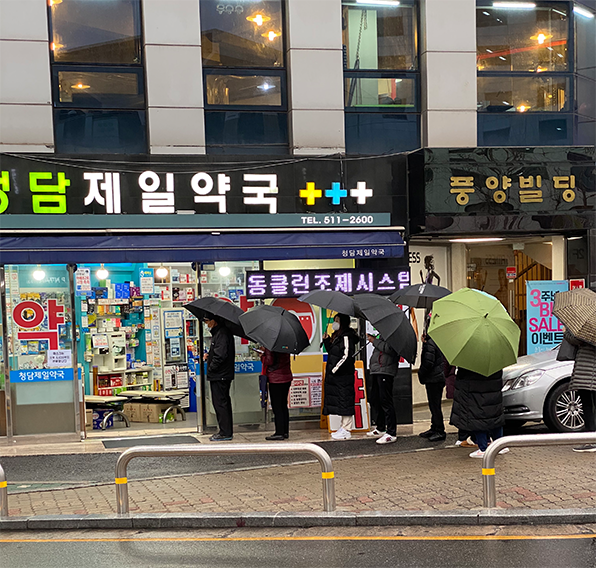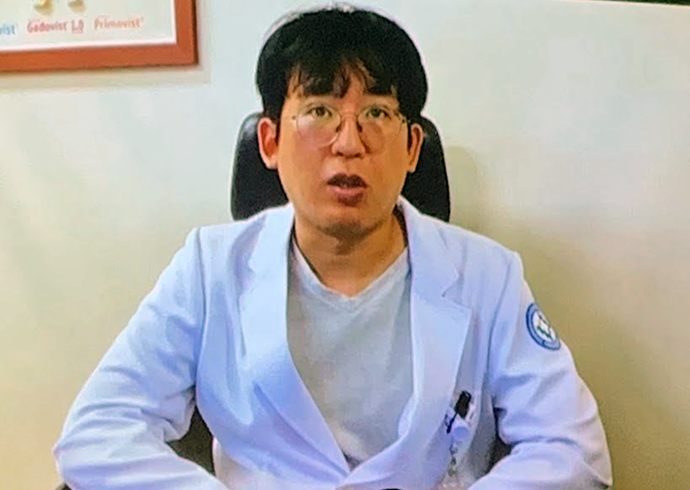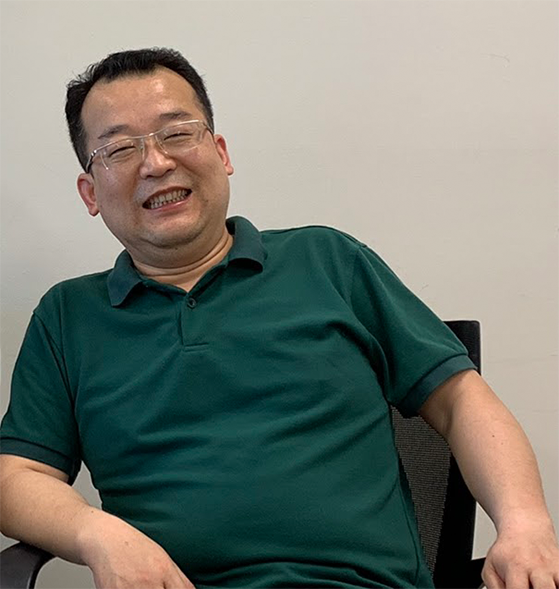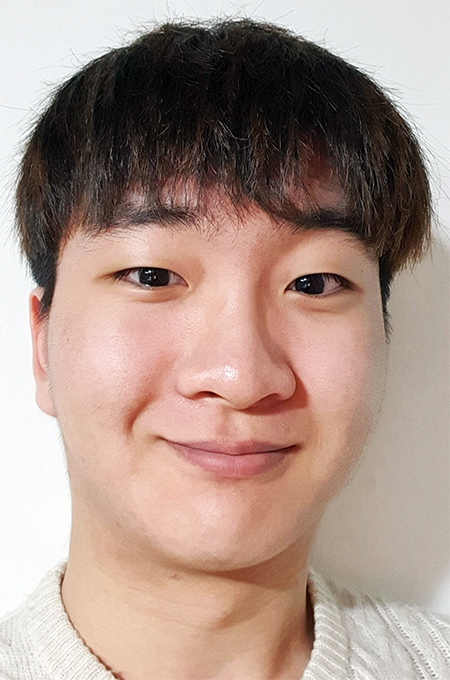Beginning on March 9, the South Korean government started a nationwide distribution system for health masks after an ever-growing shortage caused by the spread of the novel coronavirus (COVID-19). After previous attempts to distribute masks through other channels failed to provide an adequate amount of masks, the Ministry of Food and Drug Safety devised a plan to allow people to buy two masks per person per week based on the last digit of their birth year at pharmacies, post offices, and any NH Hanaro Mart. Korean citizens must provide an example of official identification, such as a passport or driver’s license, while foreigners must present an alien registration card with proof of enrollment in Korea’s National Health Insurance program.

The requirement for foreigners to be enrolled in the national health insurance system has been criticized by human rights groups, as reportedly over one million expatriates in Korea do not subscribe to the national health insurance program.
According to Assistant Professor Gunyong Kim of Jeonbuk National University Hospital, there are close to 2.5 million foreigners living in South Korea, and over 1.2 million of them are not enrolled in the public insurance program. “This could have disastrous consequences for social minorities, such as low-income foreign workers, illegal immigrants, migrant farmworkers, and asylum seekers who either cannot or do not sign up for the national insurance program. These are marginalized people who need social assistance in a time of crisis such as now, and it is disappointing to see that they are instead further shunned. They have no choice but to either reuse disposable masks or not use a mask at all.”

Furthermore, expatriates who have been in the country for less than six months are not even eligible to enroll in the public insurance program, which would include foreign exchange students and short-term travelers. Even those foreigners who are enrolled in the program are having a difficult time procuring masks on their designated day. Kim said, “Many foreign workers have long working hours and are not able to visit a pharmacy and wait for a prolonged period of time. By the time they leave their places of work, the pharmacies are already closed. The Ministry of Food and Drug Safety must revise its mask rationing program to allow foreigners to buy masks with their passport and through public migrant support centers throughout the country. Otherwise, millions of people will fall through the cracks and be more susceptible to COVID-19.”

To get a firsthand account of how the mask shortage has affected foreigners in the country who are not subscribers to the national health insurance program, I interviewed Chinese national Hongtao Hu. Hu is originally from Tianjin, a city in northeastern China, and arrived in Korea in late November of 2019 to take a job as a cook at a Chinese restaurant in Cheonho-dong. Even though he is a worker, since Hu has been in the country for less than six months, he has not been able to sign up for the government insurance program. “I don’t have any insurance and I can’t read Korean so buying masks online is not possible. I asked one of my coworkers to show me some prices on Coupang. Masks are either sold out or selling for 7,000 won a piece. I only make 8,700 won an hour. I don’t know what to do.” The restaurant he works at provides him with one disposable mask once a day, but after hours of cooking, his sweat drenches the mask to the point that he can’t wear it after work at home.
Hu hopes the Korean government comes up with measures so that everyone can purchase masks instead of having to worry about whether they are exposed to COVID-19. “I went to a cafe to buy coffee the other day, and the sign at the front door said every customer is required to wear a mask to make a purchase. I didn’t have one, so I just left. I am not asking for free masks. I just want an equal opportunity to buy them at a pharmacy like everyone else.”
After listening to increasingly voiced concerns, Seoul Metropolitan Government announced on March 31 that a total of 100,000 filter-replaceable face masks will be provided to foreign residents who could not take part in the government-controlled mask supply system. The 100,000 reusable cotton masks were made available at the Seoul Global Center and 40 universities in Seoul/Gyeonggi area. While this is a good start showing that the government is acknowledging the problem for foreigners, this still leaves over one million foreigners without a viable way to purchase affordable masks.

Jaeun Shin
Sophomore (Grade 10)
Seoul Scholars International

